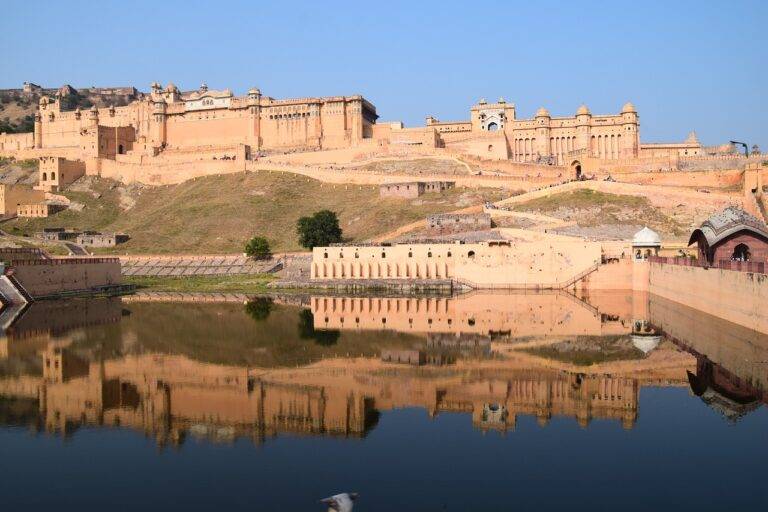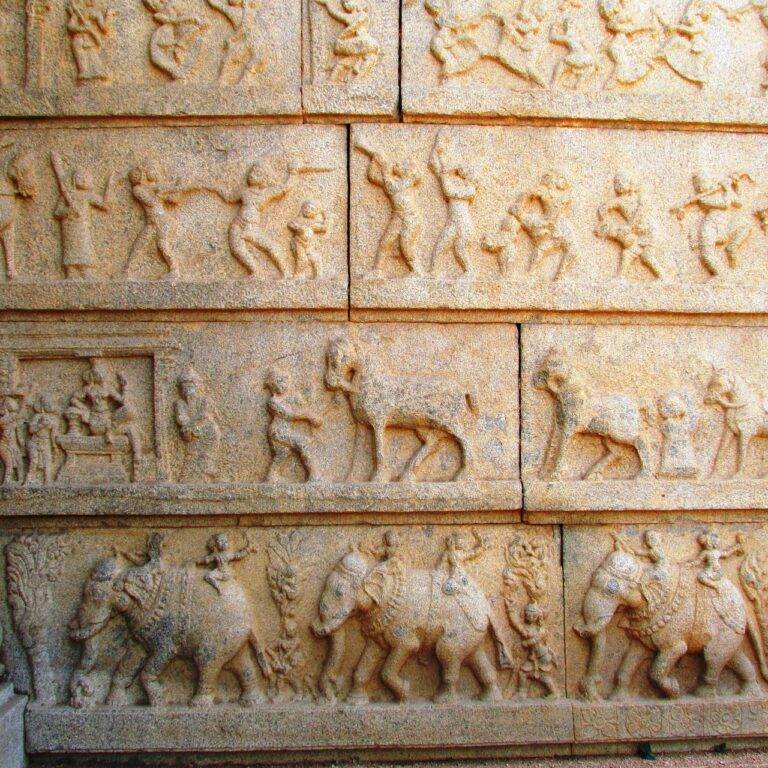The Influence of Religion on Voter Decision Making
In today’s society, religious beliefs play a significant role in shaping individuals’ values and principles. People often turn to their faith for guidance on moral and ethical issues, seeking a sense of direction and purpose in their lives. These religious convictions can influence various aspects of personal decision-making, including how individuals interact with others and the choices they make in their daily lives.
Furthermore, religious values also impact societal norms and behaviors, contributing to the overall moral fabric of communities. Many religions emphasize compassion, kindness, and the importance of giving back to those in need. These core values can foster a sense of unity and solidarity among believers, promoting a culture of empathy and understanding in the broader society.
Historical Impact of Religion on Voting
Religion has long played a significant role in shaping the voting behavior of individuals. Throughout history, religious beliefs and values have influenced voters’ decisions when selecting political leaders. Whether it be through moral considerations, social issues, or alignment with specific political parties, religion has been a powerful driving force in guiding voters at the polls.
In many societies, religious institutions have been pivotal in mobilizing voters and influencing political outcomes. From endorsing candidates to advocating for certain policies, religious leaders have historically carried substantial weight in swaying the voting preferences of their followers. The intersection of religion and politics has not only impacted individual voter choices but has also shaped the broader landscape of electoral outcomes in various countries.
How have religious beliefs and values influenced voting patterns historically?
Religious beliefs and values have played a significant role in shaping voting patterns throughout history. Many voters have been influenced by their religious beliefs when making decisions at the polls.
Can you provide examples of how religion has impacted voting in the past?
Yes, for example, in the United States, the religious beliefs of voters have influenced their stance on issues such as abortion, same-sex marriage, and immigration, which in turn has affected their voting decisions.
Has religion always played a role in voting?
Religion has been a significant factor in voting for centuries, with religious leaders often endorsing political candidates and influencing their followers’ voting choices.
How has the historical impact of religion on voting evolved over time?
The historical impact of religion on voting has evolved as society has changed and become more diverse. Different religious groups have emerged with varying political beliefs, leading to a more complex relationship between religion and voting.
What are some potential implications of the historical impact of religion on voting?
The historical impact of religion on voting has led to the creation of voting blocs based on religious beliefs, potentially influencing election outcomes and shaping public policy on issues related to morality and social values.





